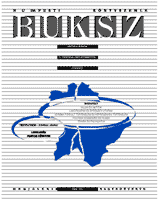

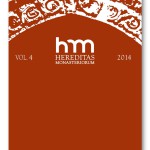
Keywords: Silesia; dissolution of monasteries; Norbertines; library; archives; works of art
The present study is to provide a concise analysis of and present (in extenso) fragments of the so-called Büsching Papers dealing with the Norbertine Monastery in Wrocław. They include Büsching’s First report on the seizure of objects kept in the Monastery of St. Vincent in Wrocław (8 January 1811), Inventory of art collections and manuscripts as well as selected letters associated with these actions. The sources contain information not only about the contents and organisation of the library and the archives, but also about their location and furnishings. In addition, they contain details of the seizure of these resources. The inventory of art collections includes paintings and reliefs as well as richly illustrated books devoted to art and, in particular, the history and theory of architecture. Like in the report, there are attempts here to establish the authors of the most outstanding paintings (e.g. Salvatore Rosa, Michael Leopold Willmann).
More...In diesem Beitrag wird die Bedeutung der zweitältesten niederländischen Universität zu Franeker (1585–1811) für das tschechische Exil in den Niederlanden gezeigt. In der Periode 1620–1648 studierten in Franeker 51 Tschechen, vor allem unter Einfluss des polnischen Böhmischen Bruders Johanns Makowski und dessen Nachfolgers Johanns Cloppenburg. Bis 1629 ging es vor allem um Studenten aus protestantischen Adelsfamilien, nachher um Mitglieder der Bruderunität aus der polnischen Diaspora in Lischna (Liszna). Ab 1630 werden Studenten der Bruderunität öfters als „Pole aus Lischna“ registriert. Die strikt kalvinistische Atmosphäre in Franeker formte nach 1630 die führende Schicht der Böhmischen Bruderunität in der Diaspora und bewirkte damit das Aufgehen der Brudergemeinden in Polen (Lischna, Thorn) und Oberungarn (Pucho) in die dortigen reformierten Kirchen. Im Beitrag werden die Brüder Johann Laetus-Veselský und Johann Krispin als Beispiele angeführt.
More...Im Zuge der vorliegenden Untersuchung hat sich überraschenderweise herausgestellt, daß die Büchersammlung des Andreas Oltard sowohl an Umfang als auch an innerem Gehalt alle bisher bekannten siebenbürgisch-sächsischen Privatbüchereien des 15. bis 17. Jahrhunderts weit überragt. Infolgedessen läßt sich unsere vor knapp zwei Jahren aufgestellte Behauptung, die Bibliothek von Oltards Zeitgenossen Petrus Rihelius sei „die wohl umfangreichste Privatsammlung siebenbürgisch-sächsischer Buchgeschichte der Frühzeit“, so nicht länger halten. Der im folgenden vorgestellten Bibliothek steht fraglos der erste Rang zu.
More...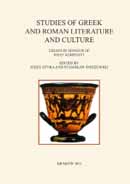
The collection of fourteen speeches against Mark Antony, jointly called the Philippicae, is undoubtedly one of the greatest and most famous literary works of Marcus Tullius Cicero. The title of the series forever linked Cicero’s name to the figure of the Macedonian king Philip II, son of Amyntas. The connection seems so obvious that it can be easily overlooked that Cicero never mentioned the Macedonian king in his speeches. This simple realisation leads us to ask the question about the attitude of the great defender of the Roman Republic towards the king who put an end to Greek freedom.
More...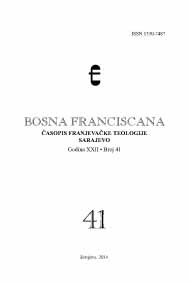
U Čapljini se, u posljednjih barem petnaestak godina, događa vrijedan, temeljit i promišljen iskorak u području kulturnoga djelovanja. Iskorak se u velikoj mjeri podudara s osnivanjem (1998.) i djelovanjem Založbe kralja Tomislava, zaklade koja, prema proklamiranim ciljevima, želi “pomagati ostvarenju kulturnog, gospodarskog i svekolikog napretka”.1 Zakladu je osnovala skupina čapljinskih kulturnih entuzijasta. Djeluje vrlo uspješno zahvaljujući zalaganju i fi nancijskim prinosima članova i podupiratelja. Važan joj je oslonac i prihod od poljoprivredne Veletržnice u Čapljini. No, što bi poljoprivreda imala s kulturom? I oni koji su skloni ideji gdjekad ističu njezinu neočekivanost, jer je riječ o doista originalnom načinu fi nanciranja kulturnoga djelovanja. Nije međutim na odmet početno podsjetiti kako iskonski pojam kulture zapravo potječe od pojma poljoprivrede.
More...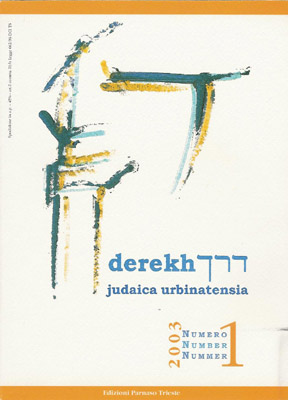
Keywords: Middle Ages; Jews and Christians; Literature in latin; Theology
A short biography of Ruperto di Deutz (1075-1129), a Benedectine monk with an excellent literary background. Ruperto is the author of a interesting 'Dialogue between a Christian and a Jew'.
More...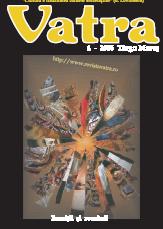
Keywords: Image and conversion; Image and the Spiritual Exercises; new and classical in Jesuit art; Loyola;
More...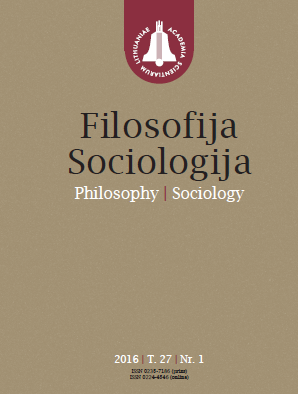
Keywords: Cynicism; creativity; visualization; temperance; surplus of pleasures; happiness
This article analyzes the application of creative visualization in the ethics of Ancient Greek Cynicism. The author concentrates on visualizations of 2 fundamental ethical principles (vicious chase of pleasures and virtuous radical temperance) and their relevance to modern society. The author comes to a conclusion that Cynics visualized the first principle through the image of a never ending wheel of slavery and a concrete illness – dropsy, whereas the second one was visualized through the image of remedy for the above mentioned disease and slavery as well as images of the result of taking that remedy, that is, permanent health, freedom and happiness. The both visualizations bear an evident creative character. The other important conclusion is that those visualizations are not relevant to contemporary society. Yet, being prototypes of relevant modern visualizations of hasty chase of pleasures and mild temperance, they retain significance to that society.
More...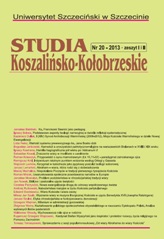
Keywords: Individual; loneliness; life; perspective; different; I; experience; existence; behavior;
In this philosophical reflection entitled The Individual as an Essential Point of View According to Ortega y Gasset, the most eminent Spanish philosopher since the times of Suarez, I make an attempt to take a closer look at the perspective of a human individual. The first question I discuss is an essential loneliness of man. “Loneliness” flows from the construction of being itself, and develops as a result of the irreducibility of two major points of view to each other. The difference lies in the incompatibility of the very perspectives that represent individual people, as well as in what those perspectives define by themselves. Ortega y Gasset perceives the position of man and his realities differently. According to him “I,” by containing in itself a certain perspective, perceives “Another” man. It also makes it possible to discover that “the Other” constitutes a similar entity to „I,” because “the Other” responds to our behavior. The Spanish philosopher notices that a living being, and each of us is a living being, encounters somebody else and recognizes him or her as a kin and kith, calling him another Man. A fundamental quality characteristic of the one whom we call another Man lies in his response, whether the actual or potential one, to my action directed toward him, which forces me to anticipatively take into account his reaction in which, in turn, he has to take into account my action. What we have here is then a novel reality sui Genesis; not mistakable for any other, i.e. an action in which its two subjects participate – I and the other; an action into which the action of somebody else is forced, woven, embedded, and at the same time it is an interaction. My action is then social – in the above mentioned meaning of this word – when I take into consideration a potential reciprocity of the Other in it. The Other, the Man, is abinitio the one who reciprocates, thus being social. One who is not capable of a friendly or hostile reciprocity is not a human being. What follows is that other people are given to each other through experience by external signs such as reactions on the basis of which they draw concrete conclusions about their own existence and behavior. The fact that the Other is given to a man indirectly results in fear and anxiety because it is not possible to make an assumption about or anticipate how he is going to act. The other man always shows up as the joker in the pack, impossible to predict. Therefore this “Other” will appear as a threat also because he possesses some information, an opinion concerning the cognizing “I” whose meaning he does not know. According to him the one who gives us ideas, enlarges our life and extends the realities around us.
More...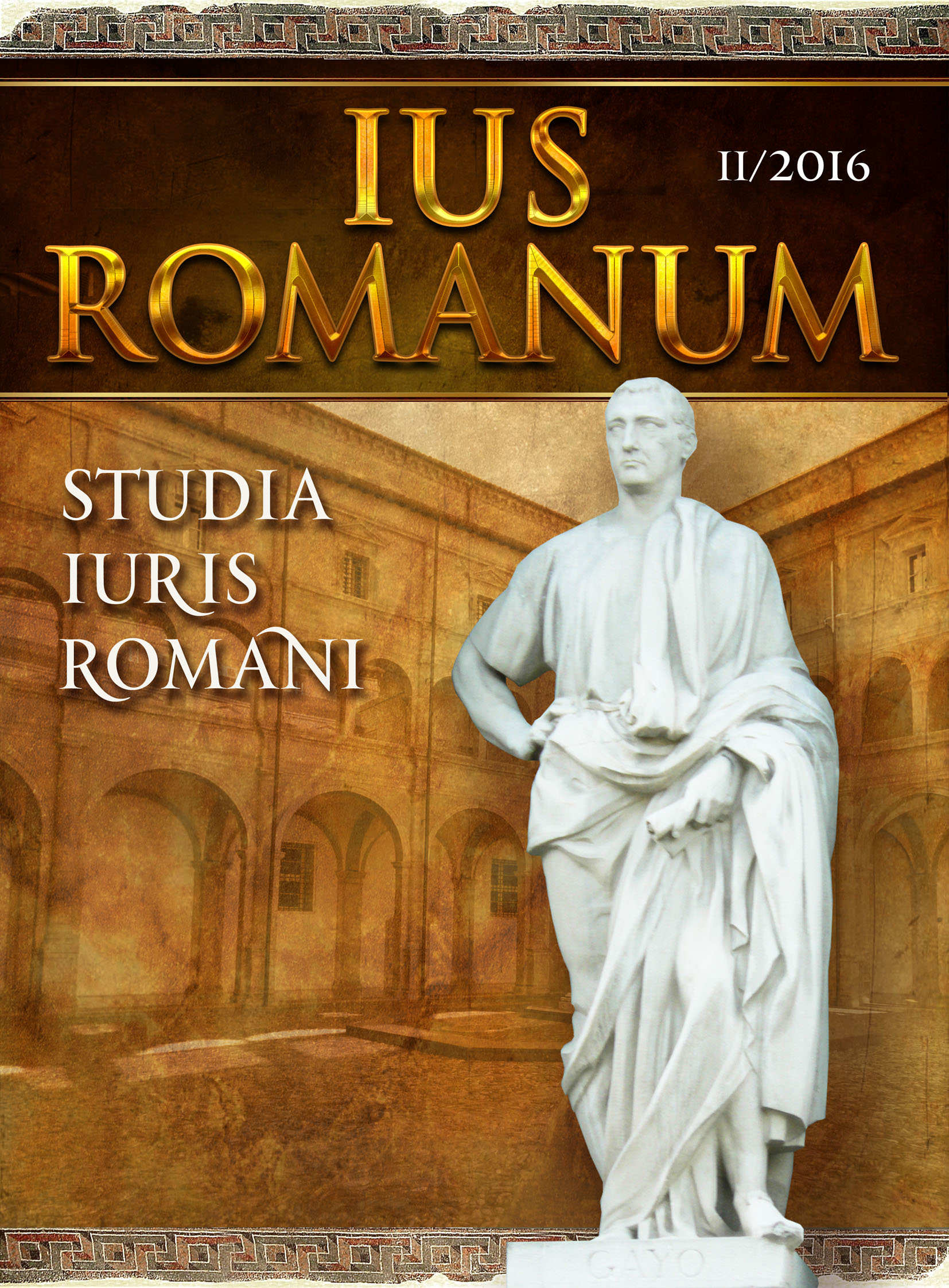
Keywords: appellatio; provocatio; consultatio; relatio; Theodosian Code; Principate;
The article contains a survey of research on appeal in Roman law in older and contemporary legal roman science (XIX-XXI c.) concerning the to a principles in regulation of appeal during the Principate and the Late Antiquity. It has been traced the reception of some of these principles in modern legislation. It was found indirect nature of this reception-by medieval law.
More...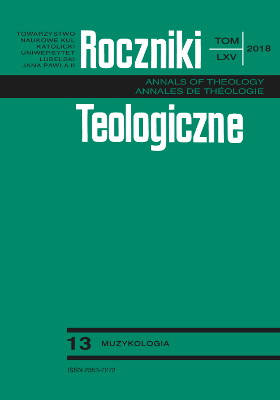
Keywords: the Chocim War; Officium divinum; Gregorian chant; church music; liturgical monody
The melodies were published in the last edition of the antiphonaries of the Piotrkowczyk family (1645). The author is unknown. The compositions (12 antiphons, 2 responsories, 1 hymn) are not stylistically uniform, which is not strange considering the fact that artists living in the Baroque period combined the heritage of the several centuries in which the liturgical singing of the Catholic Church had developed. They also remained under the influence of the achievements of polyphonic singing. In the collection of 15 melodies we can find elements of Gregorian chant, the neo-Gregorian style and the pseudo-Gregorian style. The entire collection is consistent with the aesthetics of the late Middle Ages and concludes the epoch of Polish monody to the Latin texts in proprium sanctorum.
More...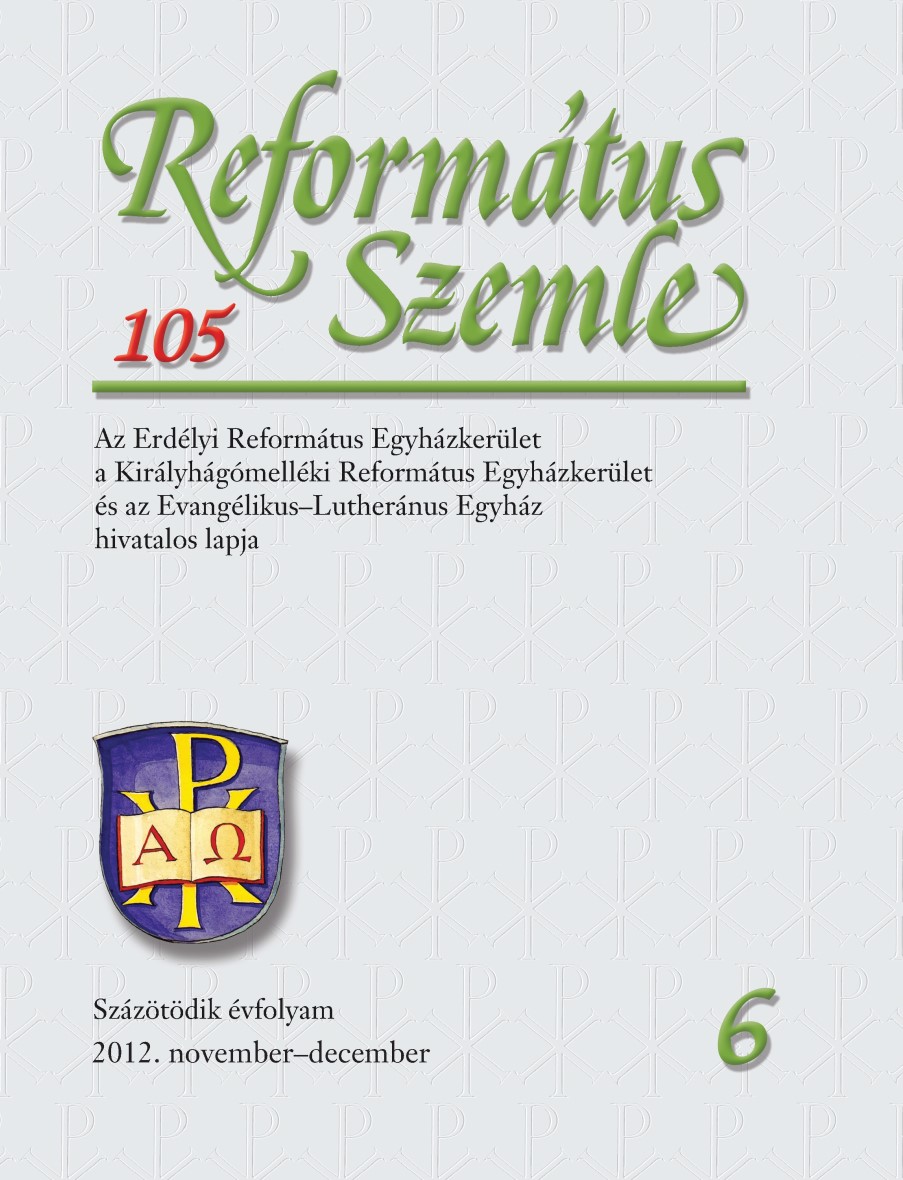
Keywords: Hungarian Students in Franeker;peregrination
Nach seiner Studienzeit in Wittenberg (1619–1622) erreichte Michaël Corvinus, stammend aus Kremnitz, im Januar 1623 die holländische Stadt Leiden, wo er sich an der 1575 neu-gegründeten Universität – „gratis” – einschreiben ließ. Dort sollte er auch sein Stammbuch(Album Amicorum) anlegen, das heutzutage noch in der ungarischen Nationalbibliothek (OSzK) in Budapest aufbewahrt wird (Signatur: Oct. Lat. 114).
More...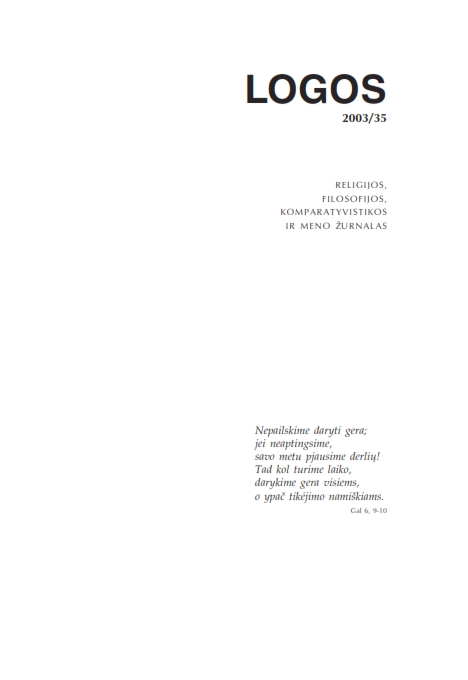
Keywords: Philosophy of religion; logos; pathos; belief; origins of philosophy;
The philosophy of religion deals with the reflection of the nature of religion. The main task of the philosophy of religion is to prove the rational validity of the theological propositions and in this way to give the logical foundations to religious belief. Philosophy deals with logos, religion with pathos. For the modern man logos seems to be higher than pathos. Therefore, the philosophical consideration of religion seems to be of primary importance for religious belief. However, in the consideration of the origins of philosophy, it’s possible to see that philosophy itself arises from some kind of pathos. Consequently, we can say that some kind of religious belief might be necessary for true philosophy itself.
More...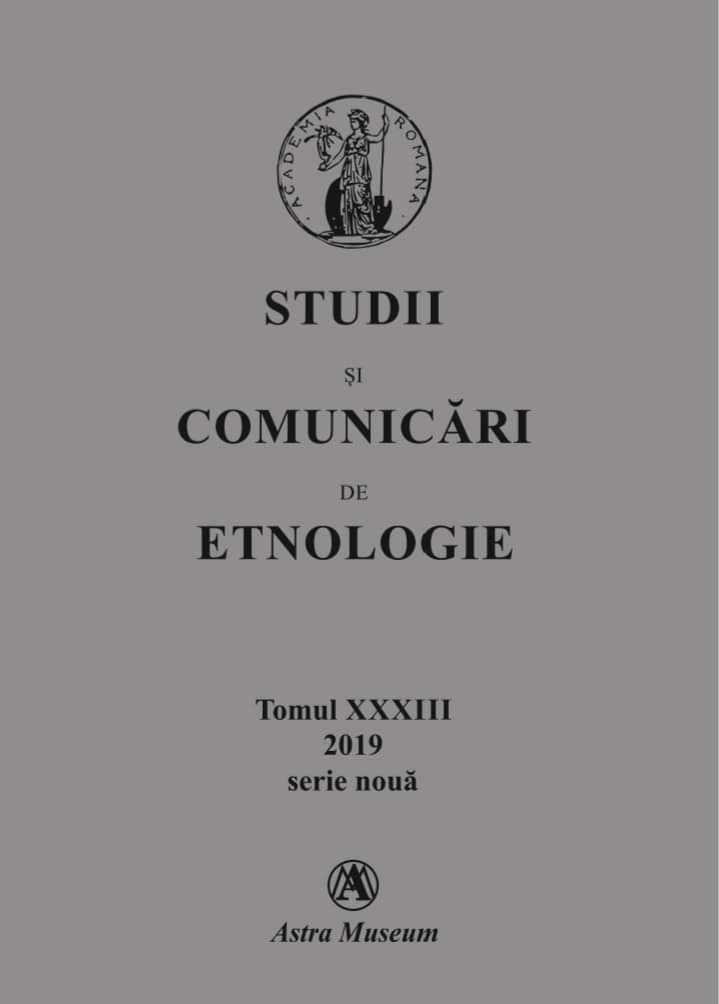
Keywords: ritual; theatre; spectacle; efficacy; entertainment; functions; performers; audience;
The research explores studies of spectacle and ritual, dealing with the theoretical aspects that govern the relation established between them. About 2500 years ago, spectacle delimitated itself from ritual (defined as a religious or solemn ceremony) and managed to create a cultural self-identity. Functions, performers, audience entered a different construction and deconstruction process, inside which efficacy changed into entertainment.
More...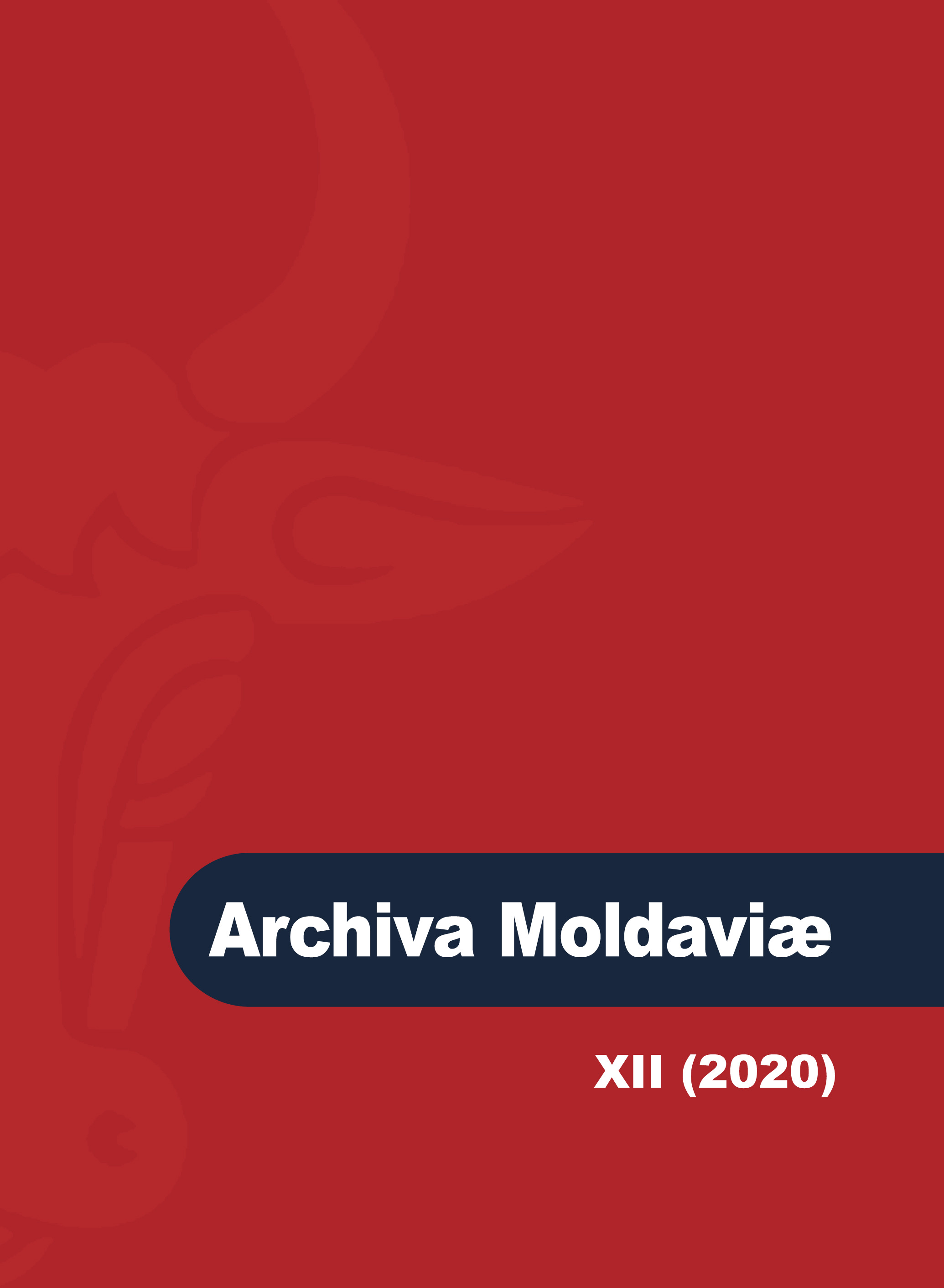
Keywords: Keith Hitchins; Romanian historical canon; foreigners and national narratives;
Shortly after his passing, I have written elsewhere, for a wider educated Romanian audience, a few pages on Keith Hitchins, placing him, however incompletely, in several defining contexts. I briefly return now to that framework and to those glimpses into Keith’s life and work, in order to add a few elements for a critical history of historical studies on Romania and for a future comprehensive assessment of Keith’s lifetime achieve-ment and legacy. Between my two modest contributions, and in a similar vein, the first important steps towards that assessment have been taken by Paul E. Michelson in his substantial essay, Keith Hitchins (1931-2020): Trailblazer, Ambassador, and Elder Statesman of Romanian Studies.
More...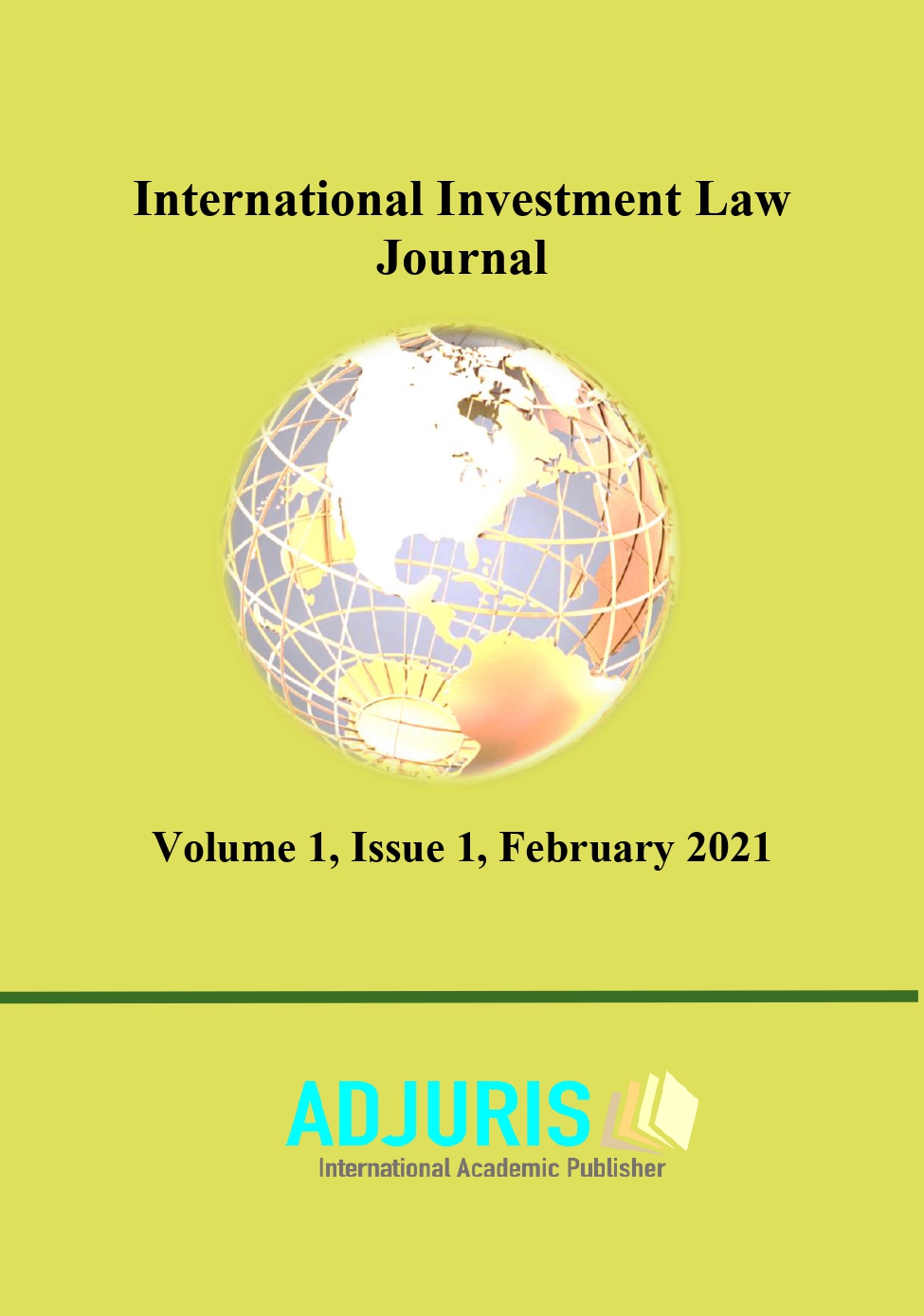
Keywords: treatment standard in investments; principles; international law; foreign investment;
Representing the most comprehensive part, of particular importance for international investment law, treatment standards continue to generate a number of differentiations, for whose comprehension and approach is often required to analyze the starting elements that led to the emergence, by splitting, of this branch of law. The provisions on investors and investment treatment in treaty bodies are intended to prevent possible restrictive behavior of the host state government and to impose discipline on its governmental actions, and in order to achieve this objective, the treaties define a set of standards with which host states must comply in their attitude in legal relations with the investors and their investments. This study highlights the rank of treatment standards in international investments as a concept and not as a listing, being used in this context, comparative and quantitative methods, with some tangential elements of maieutics specific to the philosophy of law for the continuous evolution of the particular legal phenomenon.
More...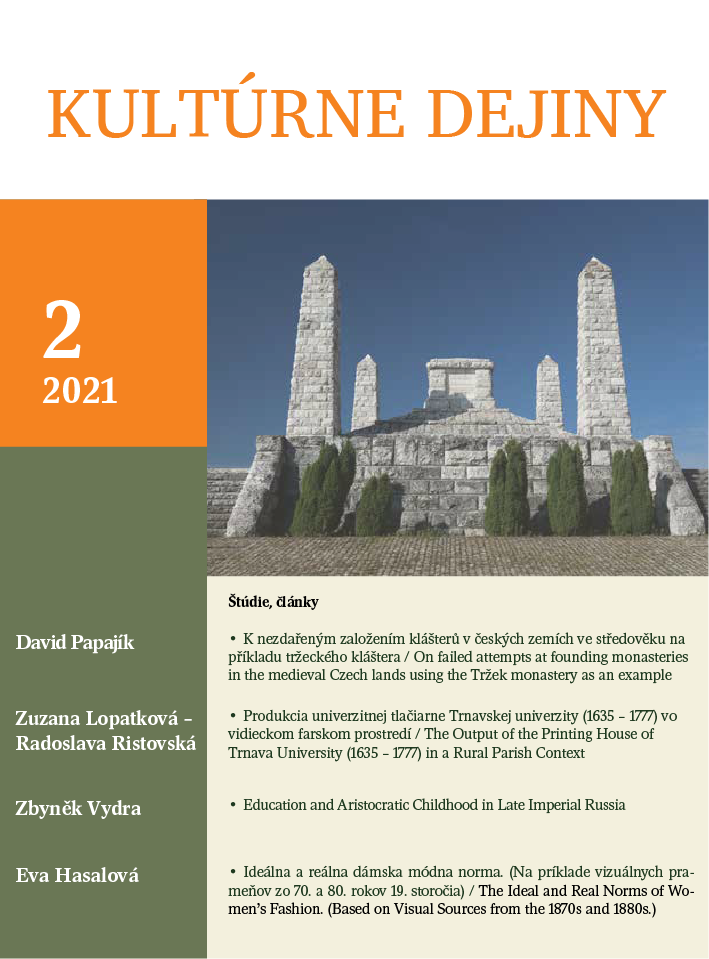
Keywords: parish; library; canonical visitation; Trnava University; historiography;
While the academic literature is consistent with what a really important influence the existence of Trnava University (1635-1777), as one of two university-type educational institutions (along with the University of Košice), had in the territory of today´s Slovakia on the development of science, education, culture and literature, its literary production is still not sufficiently researched or analyzed in detail either as a whole or as individual types of published genres. Also, the reception of this production in a rural, urban or church context has not yet been the subject of a deeper analysis. For this reason we chose the analysis of a production of Trnava University in a rural parish context in southwestern Slovakia as the aim of this study, based on an analysis of parish libraries, which are in themselves a historical phenomenon. Within the territory of southwestern Slovakia we selected several parishes in the Little Carpathians region (Dolné Dubové, Smolenice, Trstín, Dolná Krupá), in the region Záhorie (Borský Mikuláš, Petrova Ves) and in the region Žitný ostrov (Trhová Hradská, Kostolné Kračany). During this period this area was a part of - Bratislava county, but ecclesiastically belonged to the Esztergom archbishopric and the Trnava vicariate. Due to the growing source base from the institutionalized environment of the Roman Catholic Church, especially the canonical visitations of the parishes and summary catalogues in the individual parish offices, we can in this study analyze and reconstruct the relatively accurate state of the book and periodical production of Trnava University in parishes, along with clerical or secular themes including created lists and catalogues.
More...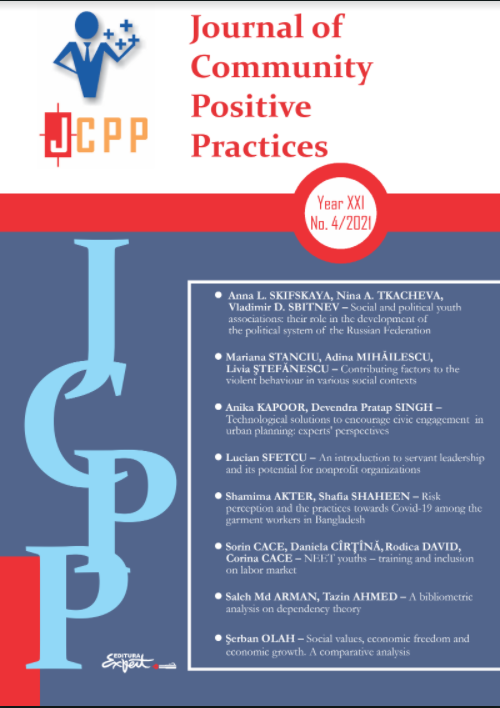
Keywords: economic growth; cross-country time series panel regression; economic freedom; materialist values; post-materialist values; achievement motivation;
The objective of the article is the analysis of the relation between social values, economic freedom and economic growth. The first part explores the international empirical literature, the second part presents the main outputs of the statistical analysis. There are two statistical techniques used in the empirical analysis: the correlational analysis and the cross-country time series panel regression. The conclusion is that the poorer countries in the sample with lower scores of economic freedom and achievement motivation have a higher speed of economic growth. There is an indirect impact of the social values on the economic growth.
More...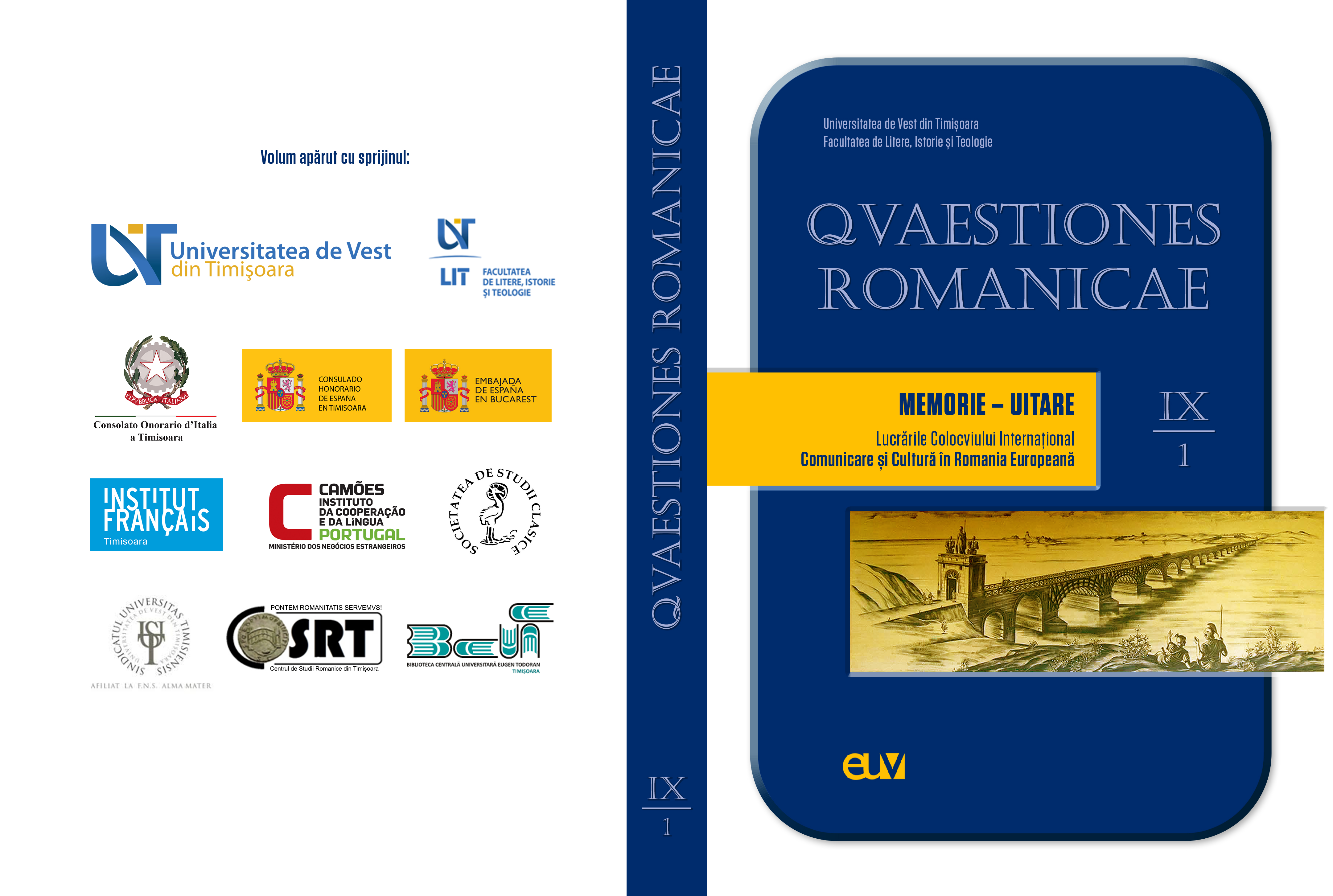
Keywords: oblivion; lethe; lethargia-sleepiness; amnestia-amnesty;
In the literature of Classical Antiquity, the oblivion theme appears from the first Homeric texts. Odysseus’ companions, who arrived in the land of the Lotus Eaters, forget their homeland and duties after eating the lotus offered by the natives. Only the energetic action of Odysseus saves them from the dangers of oblivion. In Latin, the notion of oblivion is expressed especially by the subst. oblivio, which, however, renders in Latin literature, in a single word, notions which in the Greek language were expressed by different terms. Oblivio, in the broadest sense, is the equivalent of gr. λήθη and the antonym of mindfulness (lat. memoria). It is mostly reprehensible, because it is a form of betrayal of the past. But it can sometimes be a form of salvation (Publil. Sent. I, 21 iniuriarum remedium est obliuio). But forgetting a thing can sometimes be only a momentary darkening of the mind, which in Greek was expressed by μετεωρία "distraction, confusion" or ἀβλεψία "blindness, inability to know". For doctors, even the state of sleepiness was also expressed by oblivio and rendering gr. ληθαργία. The voluntary erasure of unpleasant memories and the forgiveness of what happened was also a form of oblivio and is equivalent to gr. ἀμνηστία "oblivion", hence "forgiveness, pardon", and, in the field of law, "amnesty". It can be as well a form of conviction to be forgotten by posterity, indicating that a person is to be excluded from official accounts (damnatio memoriae "condemnation of memory"), practiced especially in the imperial period. The analysis of the contexts in which oblivio is attested in Latin authors shows different meanings that we can better understand by reference to the Greek language.
More...